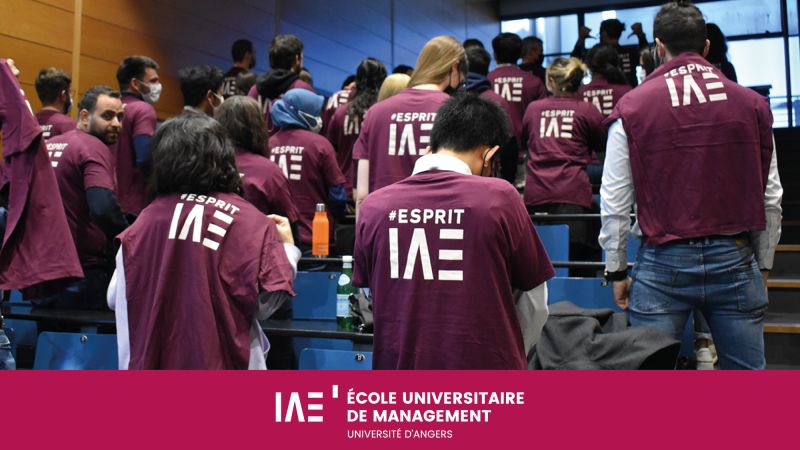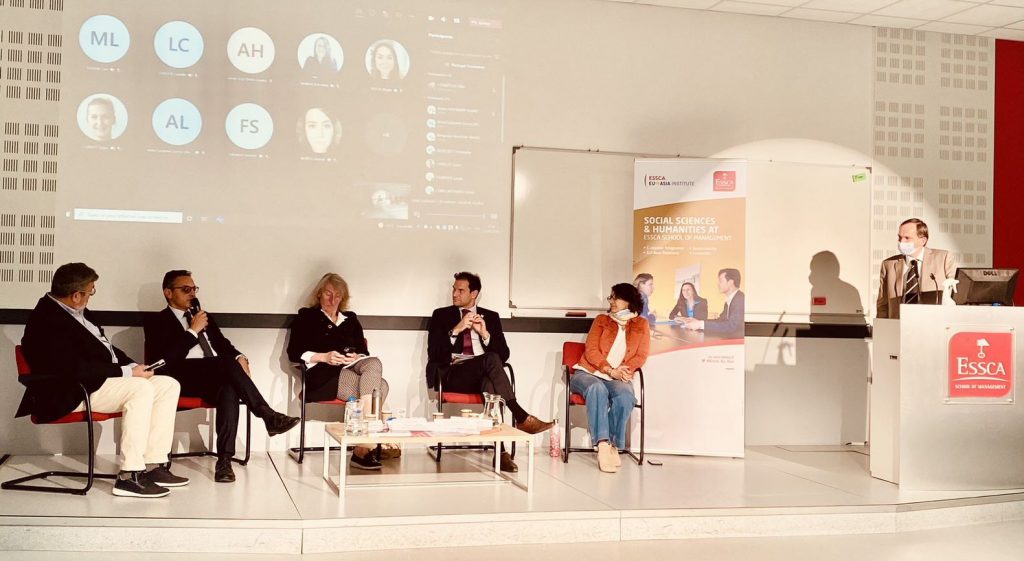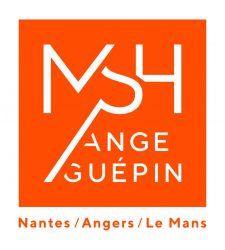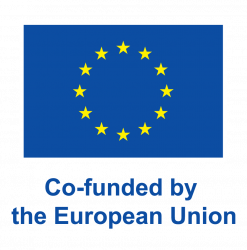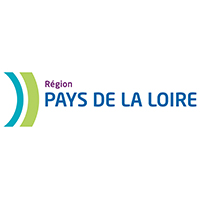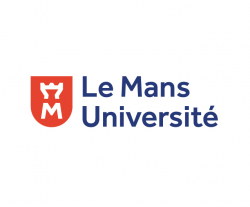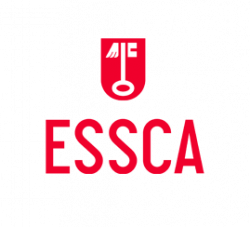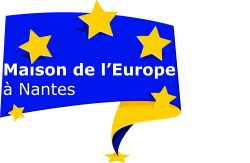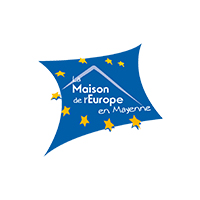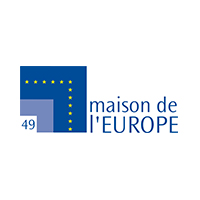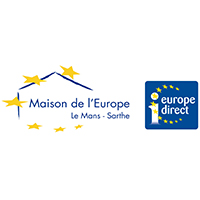This project was selected as part of the Research Call for projects of the Alliance Europa Institute for European and Global Studies and is supported for 5 years (from September 2017 to September 2022).
The reception and resettlement of refugees in Europe: categorisation and operationalisation (ARRECO)

Who welcomes whom and how, in the current context of European upheaval in the face of the globalisation of refugee flows?
The Europeanisation of asylum policies has been little studied outside the field of political science, even though the history, geography or sociology of the reception of refugees has been examined at the national level by various specialists. ARRECO intends to develop two axes.
First, the question of categorisation: the aim is to analyse the diversification of the people involved in the reception of refugees, from the local to the European scale. In the field, private (individual volunteers, associations, but also companies) and public (local authorities, elected representatives) actors help compensate for the shortcomings or failures of the Member States and the European Union. They also implement decisions taken in Brussels, a long way from the places of arrival and reception of refugees. However, reception policies are probably conditioned by the legal categorisation of the people received, between political refugees and economic migrants: war refugees, particularly vulnerable groups (children, isolated women, sick people), or even climate refugees. It is essential to examine the identity of these refugees. Particular attention will be paid to the effects, at national level, of the Europeanisation and internationalisation processes of asylum policies. A comparison between European States and with other non-European States will also highlight national specificities regarding categorisation.
This first research theme aims to analyse the categorisation of:
- those welcomed: which foreigners, which legal regimes?
- local receivers: what are the respective roles of associations, companies, local authorities, etc.?
- places of reception: camps, detention centres, asylum reception centres, information and support centres, other accommodation. What are the solutions? Is it always an emergency?
- the rights of refugees: what are their rights once they arrive in Europe? Particular emphasis will be placed on the conditions of health reception of refugees: does the refugees’ right to health really exist?
Secondly, the question of operationalisation : how does Europe influence the traditional ways of receiving populations seeking asylum? Both the European Union and the Council of Europe were designed to determine common legal rules, not to act on their own. However, a process of operationalisation of the European Union seems to be under way, which questions the reciprocal relations between the local and the global level: how can they be articulated in the process of settling refugees? The aim is, on the one hand, to understand the current conditions of access to European territory for asylum seekers at a time of reinforced European border control and, on the other hand, to examine the obstacles to the free movement of refugees in Europe and their consequences. The former aspect is illustrated by the creation of the European Corps of Border Guards, which succeeded to Frontex in October 2016; the latter focuses on the current relocation and resettlement processes, the determination and implementation of which seem extremely confused. Between Schengen, Dublin, Lampedusa and Calais, where do the refugees go, according to which decision-making process, and with which reception arrangements? The question of refugee camps or hotspots has been little studied. However, the European Union has recently acquired new operational competences here, and not only normative ones.
This second theme aims to analyse operationalisation:
- at local level: how is the reception of refugees carried out in the Loire region, and in other French and foreign regions?
- at national level: what are the States doing? Is dialogue sufficient and effective?
- at European level: what is the role of the European Union in relocation and resettlement mechanisms? Can it simply delegate the management of refugee flows to third countries?
- at international level: since September 2016, the UN has apparently been more concerned about the situation of refugees in Europe and in the world: what is it doing?
Project Leaders
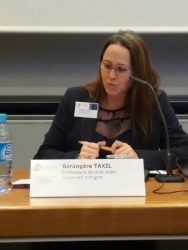
BERANGERE TAXIL
BERANGERE TAXIL
Professor of Public International Law at the Jean Bodin Centre, University of Angers
Bérangère Taxil is a specialist in international human rights law. A member of the International Institute of Human Rights, the French Society for International Law and the International Law Association, Bérangère Taxil has taught for about ten years in France and abroad on European and international issues. She has participated in several research projects on the issue of refugees. She is also an assistant judge at the National Court of Asylum.
– Cooperation with Alliance Europa:
Bérangère Taxil was coordinator of Alliance Europa’s Reaseach Axis 3, “Europe in the world”, she co-directs the ARRECO project on the reception of refugees in Europe and is currently supervising several doctoral theses on the subject.
A Professor of public law at the University of Angers, she is also co-director of the Master 2 in international and European law and organised the Charles Rousseau Moot Court competition in Angers in 2018.
http://www.univ-angers.fr/fr/recherche/unites-et-structures-de-recherche/pole-ll-shs/centre-jean-bodin.html
Centre Jean Bodin
Centre Jean Bodin
The Jean Bodin Centre at the University of Angers is a research laboratory in law and political science. In 2008, the laboratory was awarded the status of welcoming team (CJB UPRES EA n°4337), for which it had applied in November 2006, by the Lettres Langues Sciences Humaines et Sociales (LL-SHS) research centre. This team (private law, public law, history of law, political science) includes 49 teacher-researchers and researchers, 42 PhD students and 3 administrative staff (BIATSS).
http://centrejeanbodin.univ-angers.fr/fr/index.html
University of Angers
University of Angers
The University of Angers offers master courses in law, economics and management and contributes to the research areas of the Institute for European and Global Studies.
http://www.univ-angers.fr/fr/index.html
CAROLE BILLET
CAROLE BILLET
Lecturer in European Union Law at the Law and Social Change Laboratory - University of Nantes
Research themes :
– The differentiated participation of Member States in the European Union’s action on the international scene
– Decentralised agencies and the EU’s external action
– EU action in the field of migration and asylum
– Cultural law in the European Union
Responsibilities :
– Head of the “Justice, Trial, Procedure” Master’s degree (2nd year) (Pre-ENM) in Nantes
– Co-head of European Union Law Master’s degree (2nd year)
– Member of the Education and University Life Commission
Carole Billet is developing the research project “Legal studies on the European Union as an area of freedom, security and justice”, with the support of Alliance Europa.
She is also one of the leader of the project “The reception and resettlement of refugees in Europe: categorisation and operationalisation (ARRECO)”.
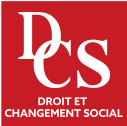
Droit et changement social, UMR 6297 CNRS (University of Nantes)
Droit et changement social, UMR 6297 CNRS (University of Nantes)
DCS (Law and Social Change) is a joint research unit between CNRS and the University of Nantes, with a legal focus and whose aim is to develop interdisciplinary relations. The common basis of the laboratory lies in its overall objective: to understand the role of law in the transformations of contemporary society. DCS emphasizes the observation of practices and approaches for evaluating the effectiveness of legal norms.
http://dcs.univ-nantes.fr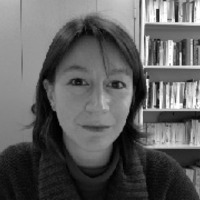
Estelle D’Halluin
Estelle D’Halluin
Lecturer in sociology, at the CENS at the University of Nantes, specialist in immigration policies.
Estelle d’Halluin is a lecturer in sociology at the University of Nantes. Since the 2000s, she has been carrying out research on immigration policies, combining the political sociology of law, health and mobilisation. Her empirical approach is based on archive analysis, interviews and ethnography. She is currently involved in several research programmes on asylum policies. She is a member of the ARRECO project and the EFAA programme “Exploring the frames of altruistic action. A comparative analysis of volunteers’ engagement in British and French pro-asylum charities”, funded by ESRC.
– Cooperation with Alliance Europa
Estelle is a member of the ARRECO project (The reception and resettlement of refugees in Europe: categorisation and operationalisation) and is in charge of the pedagogical aspects of in-service training (“Asylum seekers, refugees, migrants: what kind of reception?) »

CENS – Centre nantais de sociologie, FRE 3706 CNRS (UN)
CENS – Centre nantais de sociologie, FRE 3706 CNRS (UN)
Since 2004, the Nantes Centre for Sociology has been the only laboratory within the Sociology UFR of the University of Nantes. It is also the only sociology laboratory located in the Académie de Nantes and in the Loire region. It includes teacher-researchers from institutions other than the UFR of sociology: UFR STAPS, Catholic University of Angers, Ecole des Mines, IUT and ESPE of Nantes; it now has more than a hundred EC and PhD students: 7 professors (including 1 emeritus), 29 MCF (including 5 HDR), 34 PhD students, 40 associate researchers or young doctors.
https://cens.univ-nantes.fr/
Nantes University
Nantes University
Nantes University offers courses from bachelor’s to master’s degrees and excellence research projects concerning Europe in a wide range of disciplines in the humanities and social sciences.
It is home to the Institute for European and Global Studies, which implements the Alliance Europa programme.
https://www.univ-nantes.frProject Partners
Academic Partners:
Université d'Angers (CJB, ESO), Université de Nantes (CENS, DCS, CRHIA / LABEX EHNE, CRINI), Univ. de Poitiers (CECOJI EA 7353) , Univ. d'Amiens (CURAPP), Université Paris‐Nanterre (CEDIN), Université Bretagne Sud (Lab-LEX), Université de Clermont‐Ferrand (Centre Michel de l’Hospital), Université de Pau (ITEM), Université Paris 7 Paris - Diderot (URMIS), Université de Rennes 1 (IODE), ESSCA (EU-Asia Institute), CNRS (Institut de recherches sur le Maghreb contemporain, Tunis), Université de Genève (Global Migration Center), Radboud University Nijmegen (Centre for Migration Law) (Netherlands), Universitat Pompeu Fabra (Social and Political Science Department / GRITIM-UPF) (Barcelona), Università degli studi di Cagliari (CRDEI), Göttingen University, Germany, University of Leicester (United Kingdom), Warsaw School of Economics (Poland), Università degli Studi di Catania (Chaire Jean Monnet EU Mediterranean border crises and European External action), University of Bilkent, Ankara, Turkey (Political Science department), University of Galatasaray, Istanbul, Turkey (Department of international relations), Università Mediterranea di Reggio Calabria (Italy) - Mediterranea International Centre for Research on Human Rights (MICHR), Universidad de Cádiz (Jean Monnet chair "Inmigración y Fronteras")
Other Partners:
European Policy Center - European Migration Law, Ministère de la Santé, Barreau de Nantes, CIMADE Pays de la Loire, Secours catholique 49, UNHCR (Paris bureau and Strasbourg representation), Maison de l’Europe à Nantes, ONU (UNHCR), Maison de l’Europe Angers - Maine et Loire, Euradionantes, Collectif universitaire angevin de Solidarité avec les Réfugiés et les Demandeurs d'Accueil, Médecins du Monde Pays de Loire, France Horizons, CADA Maine et Loire, Collectif Etrange Miroir, Amnesty International, Le Monde Journalist, Arte, Association italienne d’accueil des demandeurs d’asile (Basilicate, Italie), Association APUIS-ATSA (Saint-Nazaire)
PhD
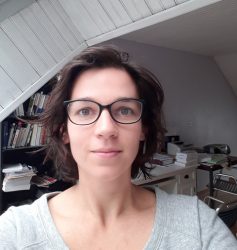
EMILIE LENAIN
PhD student in international law at the Jean Bodin Centre, University of Angers
The subject of her thesis in international law is “The reception of refugees in Europe: a comparative study of legal systems”, under the supervision of Bérangère Taxil (Jean Bodin Centre, University of Angers) and Estelle d’Halluin (CENS, University of Nantes) as part of the ARRECO project supported by Alliance Europa.

